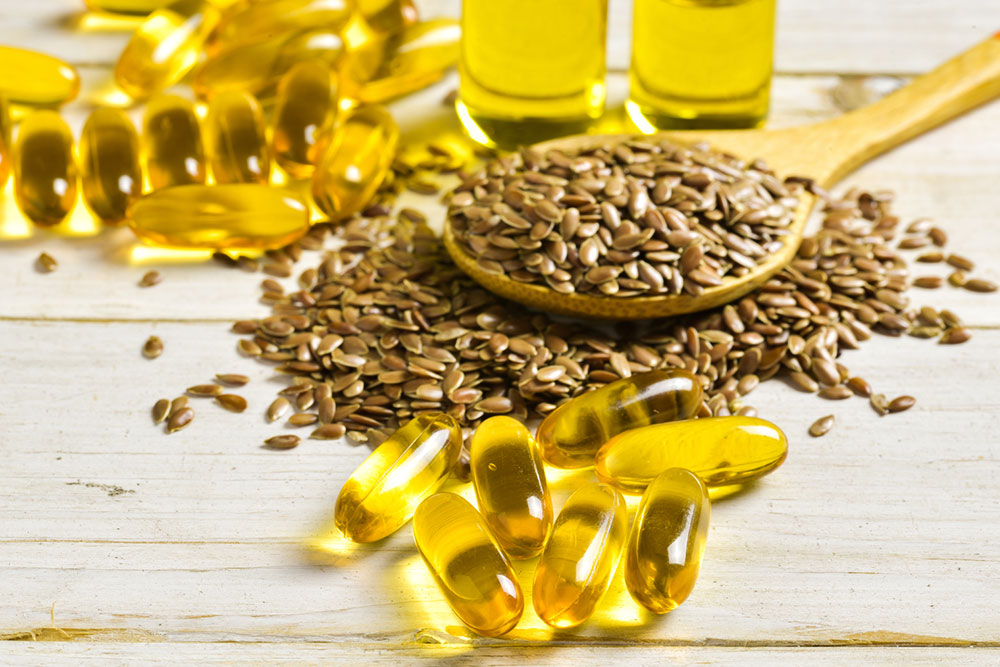Comprehensive Guide to Managing Gout Through Dietary Strategies
This comprehensive guide explores dietary strategies for managing gout, emphasizing low-purine foods, anti-inflammatory options, and lifestyle tips. Learn how proper diet can reduce flare-ups, support joint health, and complement medical treatments in effectively controlling gout symptoms for a healthier, pain-free life.

Comprehensive Guide to Managing Gout Through Dietary Strategies
Gout is a common yet painful form of arthritis caused by elevated levels of uric acid in the bloodstream. Understanding how diet influences uric acid levels is essential for effective management of this condition. Uric acid forms in the body when purines, natural substances found in certain foods and drinks, are broken down. Normally, uric acid dissolves in the blood and is excreted through the kidneys during urination. However, when uric acid accumulates excessively, it can lead to hyperuricemia—a primary risk factor for developing gout.
This condition manifests through sudden, intensely painful flare-ups, often affecting the big toe. Gout can also cause swelling, redness, warmth, and restricted movement in affected joints such as ankles, wrists, and elbows. Managing gout requires a combination of medical treatment and lifestyle adjustments, particularly dietary modifications that can significantly reduce flare frequency and severity.
Diet plays a pivotal role in gout management. Foods high in purines can elevate uric acid levels, exacerbating symptoms and increasing the risk of future flare-ups. It’s crucial for patients to identify and modify their diets to mitigate these effects. Common purine-rich foods include red meats like beef, lamb, and pork, as well as seafood such as shellfish, sardines, and mackerel. Additionally, certain vegetables like cauliflower, peas, beans, and mushrooms contain moderate purines, which should be consumed in moderation.
Understanding which foods to limit and which to include can make a vast difference in symptom control. A diet designed for gout management focuses on reducing purine intake, supporting kidney health, and promoting overall inflammation reduction. It’s important to work closely with healthcare professionals to develop an individualized dietary plan suited to specific health needs and lifestyle preferences.
Foods to Emphasize for Gout Management
Incorporating certain foods can help lower uric acid levels and reduce inflammation, providing relief from gout symptoms. Here are some key dietary components recommended for individuals managing gout:
Fruits Rich in Vitamin C: Vitamin C helps decrease uric acid levels in the blood. Including fruits such as oranges, strawberries, kiwis, and especially cherries can provide anti-inflammatory benefits and help prevent flare-ups. Cherries, in particular, contain anthocyanins which are known for their potent anti-inflammatory properties.
Healthy Fats: Omega-3 fatty acids found in sources like avocados, nuts, chia seeds, and olive oil have anti-inflammatory effects that support joint health. Incorporating fish like salmon, mackerel, and sardines in moderation can further aid in reducing joint inflammation while being gentle on the kidneys.
Green Vegetables: Vegetables such as spinach, cabbage, bell peppers, and lentils are low in purines and rich in antioxidants, helping to neutralize free radicals and support overall health. These vegetables are vital components of a balanced gout-friendly diet.
Cherries: Regular consumption of cherries has been linked to decreased gout attacks, thanks to their anti-inflammatory anthocyanins. Including fresh or frozen cherries daily can be an effective natural remedy for gout-related pain.
Foods and Habits to Limit or Avoid
Red and Organ Meats: Decreasing intake of beef, lamb, pork, and organ meats such as liver and kidneys reduces the purine load on your body and supports kidney function.
Seafoods Rich in Purines: Shellfish, sardines, anchovies, and mackerel should be consumed sparingly, as they can lead to rapid increases in uric acid levels.
Alcohol and Sugary Beverages: Alcohol, especially beer, and drinks high in fructose can increase uric acid production and hinder its excretion. Limiting alcohol intake and reducing sugar-sweetened beverages is crucial for gout control.
Processed and Fatty Foods: High-fat foods and processed snacks promote inflammation and should be avoided or minimized.
In conclusion, managing gout effectively requires adherence to a balanced, low-purine diet combined with proper medical treatment. Adopting healthy eating habits, maintaining a healthy weight, staying hydrated, and reducing consumption of trigger foods can significantly reduce the frequency and severity of gout attacks. Collaboration with healthcare providers is essential to develop a comprehensive plan aimed at controlling uric acid levels and preventing joint damage, enabling individuals with gout to lead more comfortable and active lives.





